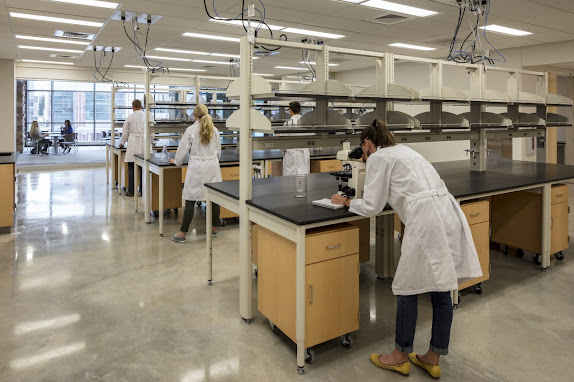Best Fume Hood Manufacturer in Ahmedabad for Modern Laboratories

Safety is top priority when working with dangerous products and gases. That is why the design of lab fume hoods should include not only safety features for the researcher but also provide for ease of use and the ability to comply with international safety standards. When it comes to finding the right fume hood manufacturer in Ahmedabad , Innovative PPL is among the most trusted and modern lab equipment manufacturers that provides a complete selection of custom and high-performance fume hoods for chemical laboratories, educational laboratories, research and development, the pharmaceutical industry and industry laboratory testing. Why Choose a Quality Fume Hood for Your Laboratory? A premium fume hood helps you: Maintain safe air quality Reduce exposure to harmful fumes Improve ventilation efficiency Protect lab personnel and samples Ensure compliance with safety norms Enhance lab productivity That’s why selecting the right manufacturer is crucial for long-term reliability an...





